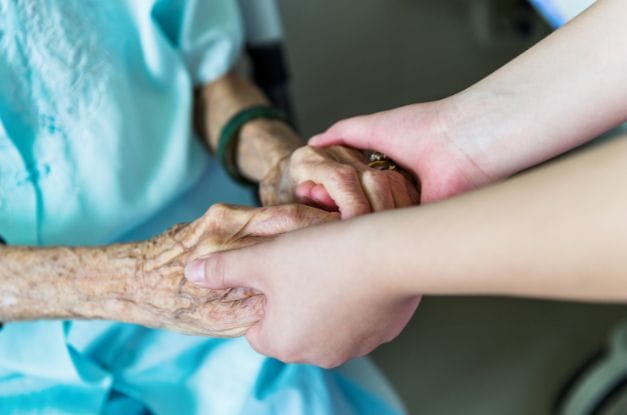At its heart, the decision to enter a loved one into hospice care is profoundly emotional. There is a bevy of considerations, not least of which is the eligibility requirements—a gatekeeper to the sanctuaries of compassionate, end-of-life care. This delicate discussion isn’t merely for caretakers or medical professionals; it’s a piece of knowledge that families should possess. Below, we unravel a brief guide to hospice care eligibility requirements so that you and your loved ones know when to seek well-deserved provisions.
What Is Hospice Care, and Who Is It for?
Before we broach eligibility parameters, we must comprehensively understand the mantle of hospice care. Contrary to the misunderstood role as an accelerant towards the end of life, Hospice is the last chapter championing comfort and dignity.
It’s a relatively holistic approach that encompasses medical care emotional and spiritual support, and maintains a focused, non-curative lens on chronic illness. It’s for those for whom the end of life is imminent and who wish to remain surrounded by family in familiar environments.
Understanding the Threshold of Eligibility
Eligibility for hospice care is neither simple nor constant. It integrates medical judgment with patient preferences and discussions on outcomes. The common misconception is imminent death; however, a six-month prognosis with a disease’s typical course is the general yardstick. This doesn’t mean you have six months to live—it means you have potentially reached a stage at which the prognosis is so severe that hospice becomes more realistic than a curative avenue.
One must consider the shift from life-sustaining treatments to life-enhancing measures to approach eligibility criteria. This juncture demands communication, understanding, and, most importantly, the patient’s autonomy in the decision-making process. Healthcare professionals, family caregivers, and the individual must come to terms with the reality.
Navigating the Ever-Present Myths
It’s essential to confront the myths and misconceptions about hospice care. There’s a common belief that by choosing hospice, you’re giving up. However, this step is far from it; it’s a decision to concentrate on the quality of life after exhausting conventional avenues.
The myth that hospice is only for cancer patients neglects the diverse population that could benefit from its tender service. Familial discussions, support from varied angles, and professional advice can illuminate these misconceptions—a prelude to more informed choice.
In a society that struggles with an open dialogue about mortality, understanding hospice care should not be an eleventh-hour conversation. By grasping its principles and requisites, individuals and their circles are becoming acquainted with an essential end-of-life resource and crafting a personalized, respectful, compassionate conclusion to life’s narrative. Hopefully, our brief guide on hospice care eligibility requirements helps you and your loved ones sit together for these delicate yet paramount conversations.






